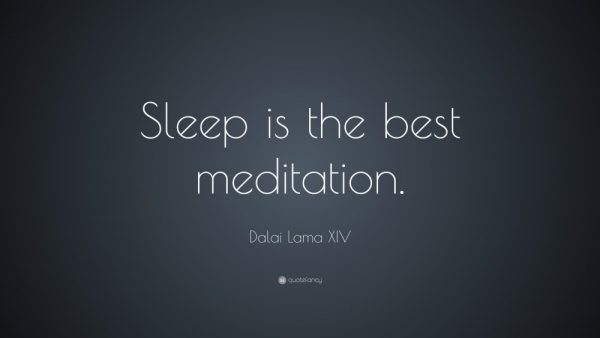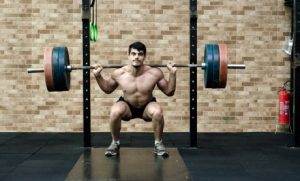Performance is crucial for Emerging Athletes. As commonly known, one major driver of performance is sleep. So, what are the best sleep times? How do sleep times affect workouts? And how do sleep times affect overall performance?

Sleep Times and Workouts
What is the best legal aid for training? “What if I told you, that you can double your results by using this one weird trick?”
The trick is: sleep 8-10 hours a day!
Yes, of course, we are aware that today’s everyday stress rarely allows you to sleep for 8 or more hours. However, one should be aware of the drawbacks of insufficient sleep. Apart from all the health implications, training, muscle building and fat loss will suffer immensely from lack of sleep.
The average American today only sleeps 6.5h / night, compared to just 8h in 1960. Suffering too little sleep leads to an 18% decrease in leptin (responsible, among other things, for satiety) and an increase of approximately 28% in ghrelin (responsible for starvation) (1,2). As a result, we tend to eat more or be less saturated with what we eat.
Also, the evidence is relatively clear that you lose significantly more muscle in a diet and significantly less fat.
Particularly interesting for us is one of the sleep phases, the REM or “deep sleep” in which 70% of the growth hormone list takes place, which is why we need to sleep at least 7.5 hours (REM must be reached about 5 times) to maximize our growth hormone output.
Also, it appears that testosterone production decreases with ongoing sleep deprivation by up to 15%.
Also, a 45 percent increase in the stress hormone cortisol is observed, which is often responsible for muscle loss due to its catabolic effect.
How to Improve Sleep Quality
Having addressed the consequences of too little sleep, I have put together a number of tips for you.
Melatonin is one of the most important hormones associated with sleep in the body, however, when we come into contact with blue and/or bright light, melatonin production is inhibited.
This makes us more alert and attentive. Of course, this is perfect during the day, but not when we long for our well-deserved regenerative sleep.
Thanks to modern electronic devices (cell phones, televisions, PCs, lights, etc …) we are constantly in contact with this kind of light, but there are ways to minimize the contact anyway.
These include blue light filters such as e.g. Twilight (Android), the night mode (Apple) and F.lux or the built-in Night Light (Windows), here, the darker and the more intense the filter, the better! Try to use a night filter 1-2h before going to bed when using electronic devices. Even if you have the impression that you can fall asleep despite the contact with blue / bright light, your sleep quality suffers greatly.
While we’re on melatonin, it makes perfect sense to supplement it. 2-6mg, 1h before going to bed seems to be a sensible dose, on the one hand, better sleep and on the other hand to sleep through.
In the case of consumption of 4 mg, for example, it makes sense to swallow one tablet (for the slower intake overnight) and to put one under the tongue or to suck it (for direct admission).
This is harmless because the body’s own production is not inhibited and you can build up no tolerance to melatonin. (Note that melatonin is available in German pharmacies only by prescription, but it can be safely ordered from other EU countries, as it is marketable in the EU).
Another supplement that could make sense is glycine. It indicates that REM is reached faster, which is of major importance to us as athletes.
In addition, the time required to fall asleep should be shortened (with this effect already decreasing after a few days) and the morning performance (“wakefulness”, “getting out of bed”) increased.
The last tip for today is to take a warm shower before going to bed. The ability to fall asleep is often body temperature dependent, so a hot shower helps lower your body temperature, allowing you to fall asleep faster.
Conclusion
I guess it’s clear by now, proper sleep times are crucial for everyday performance as well as workouts.
While cutting down on sleep might seem like a great solution in short-term, an Emerging Athlete should NEVER compromise sleep in the long term.
So, what are the best Sleep times?
- sleep between 6 – 8 hours every night
- go to bed early (9pm-11pm)
- take 2-6mg Melatonin one hour before bed
- take a hot shower before bed
- stay away from blue light
Cheers guys, I hope this was helpful, how are you gonna approach the topic of Sleep?
Sam




